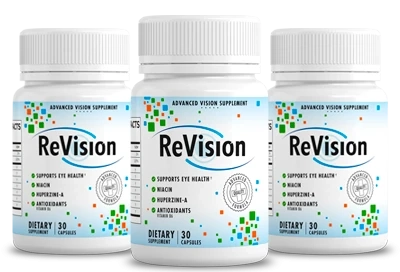Many people in the world suffer from eyesight problems and have tried different methods such as wearing glasses, contact lenses and having laser surgery. There is a way that you can solve some of the problems without having to go to theatre so that you don't have to worry when about losing your contact lenses or your glasses ever again. Relaxation is the first key. When you become stressed and tense you can end up with headaches which in turn cause you to have blurred vision. To take the strain off the eyes your option will be more likely to advise you to wear glasses rather than teach you how to relax. This is a shame as it could save you money on what you would usually have to spend.
Night blindness is a type of vision impairment also known as nyctalopia. People with night blindness experience poor vision at night or in dimly lit environments. Although the term “night blindness” implies that you can’t see at night, this isn’t the case. You may just have more difficulty seeing or driving in darkness. Some types of night blindness are treatable while other types aren’t. See your doctor to determine the underlying cause of your vision impairment. Once you know the cause of the problem, you can take steps to correct your vision.
The sole symptom of night blindness is difficulty seeing in the dark. You’re more likely to experience night blindness when your eyes transition from a bright environment to an area of low light, such as when you leave a sunny sidewalk to enter a dimly lit restaurant. You’re also likely to experience poor vision when driving due to the intermittent brightness of headlights and streetlights on the road.
Your eye doctor will take a detailed medical history and examine your eyes to diagnose night blindness. You may also need to give a blood sample. Blood testing can measure your vitamin A and glucose levels. Night blindness caused by nearsightedness, cataracts, or vitamin A deficiency is treatable. Corrective lenses, such as eyeglasses or contacts, can improve nearsighted vision both during the day and at night.
https://ipsnews.net/business/2020/10/04/revision-customer-reviews-is-it-safe-read-my-experience/


